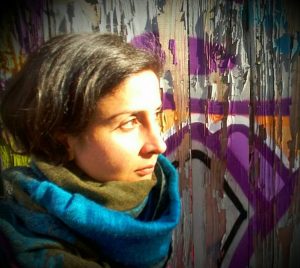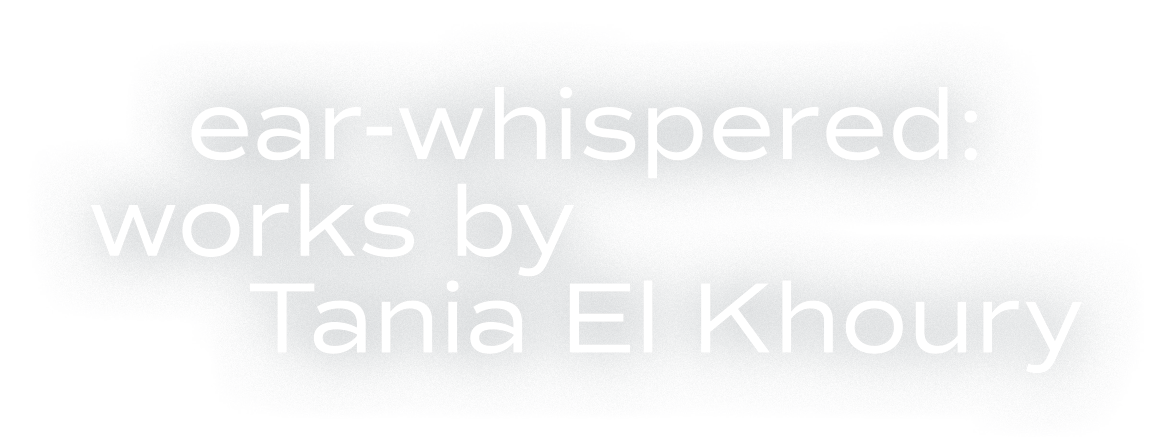A very contemporary artistic enquiry!
by Kinana Issa
 Holding a pen or a keyboard and having the privilege of speaking up when others can’t is a huge responsibility. Especially if those you’re speaking for literally don’t have voices to speak up for themselves. In Gardens Speak in particular, these voices were buried six feet under, depending on how deep their grave diggers were able to go with whatever tools they had under whatever kind of shelling was happening on the day of their funeral.
Holding a pen or a keyboard and having the privilege of speaking up when others can’t is a huge responsibility. Especially if those you’re speaking for literally don’t have voices to speak up for themselves. In Gardens Speak in particular, these voices were buried six feet under, depending on how deep their grave diggers were able to go with whatever tools they had under whatever kind of shelling was happening on the day of their funeral.
Such a responsibility weighs heavily on the shoulders of an artist when they want to discuss their art. In my case, it mutes any attempt to talk about art and its role, or even reflect on the artistic process. It becomes about the voices that need to rise and the narratives that the artwork is trying to preserve.
In 2013, I met artist Tania El Khoury in Beirut and worked with her on Gardens Speak. I had already been working closely with people on the ground—I have been one of those who raised their voices in the streets, and I worked with family and friends of the martyrs to embody their voices and their struggles in the text. Now, five years have passed, I’m in Toronto instead of Lebanon, and I feel the constant struggle to make sense of what happened to us, all of us. We had a simple straightforward demand. We did not want to keep paying the price of our parents’ and grandparents’ choices, which can be symbolized by the authority of the nation’s abusive father, as well as other patriarchal figures, including, at times, abusive parents, religious authorities, and even teachers and bosses. We demanded something different, a space to figure out our own ways and explore our own tools in order to actively determine our own destinies.
How did this demand become a sin that would result in us losing our lives, each other, our country and our loved ones? Those of us who made it to the other side arrived dead in the heart, scarred, imprisoned, or looking for forcibly disappeared family members and friends. How did all this result in an even worse authoritative reality to deal with? Why did we have to go through all of this for what the rest of the world considers to be a human right? Why did our revolution have to turn into a proxy-war? Why after paying such a high price, does freedom seem to be even further away than when we started? And why did the world respond to our call for freedom in what seems to be a regression into a state where maintaining world order can only be achieved through brutal exercise of certain forms of supremacy and thought control?
What lies behind the stories of Gardens Speak goes far beyond the installation. It’s an open wound that can’t seem to find any solace or closure but in the process of telling these stories and retelling them over and over again, in the hope that they won’t be forgotten under the war rubble and beneath human tragedy. In the hope that these voices can climb out of the ground to find new homes in the hearts and minds of those who can listen.
It’s a wound that keeps bombarding me with all kind of questions; Why is it so hard for our narrative to be heard? Why, today, when we talk about Syria, do we only get asked about “civil war” or I.S.? Why isn’t the narrative of the peaceful protest movement at the center of the conversation? Why is it that five years later, even though I am in Canada, I am still unable to attend the showing of Gardens Speak because of my Syrian identity and Trump’s ban? Why am I not in my pajamas in my house in Damascus right now watching a silly romantic comedy after a long day at work? Instead, I am here struggling with survivors’ guilt. Will I have to live with this restlessness all my life? Did these people have to die in the first place, so we could tell their stories? Why now, as I write about them, can I only think of others, including friends and families who were arbitrary arrested and made to disappear for no reason other than their wish for a better future?
These are the kinds of questions that rush into my head when I think about my art recently, especially with Syria entering a phase of surrender to its abusive father figure while the world throws stones at her. As this picture comes to mind, my head goes blank, and I drown in deep silence.
Kinana Issa is an honorary fellow of the International Writing Program at Iowa University. Her writing and artwork revolves around questions of identity, feminism, transformation and revolution.
